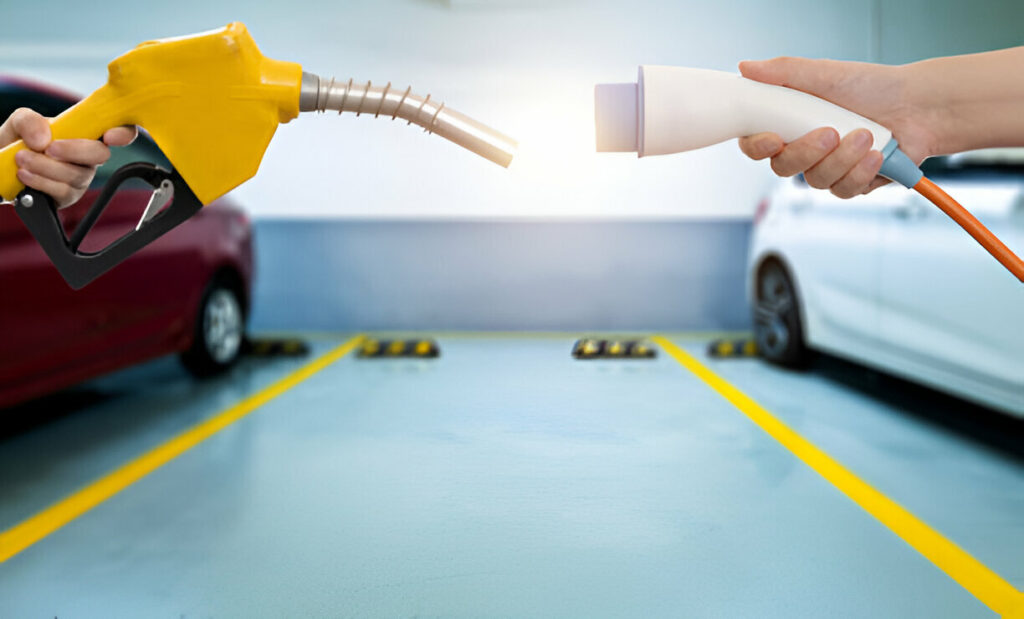
As the world practices environmentally friendly driving and variable fuel costs, most customers in the United Kingdom are in a dilemma to choose between electric vehicles (EVs) and petrol-driven cars. Economically, the real disparity does not only lie in the buying price, but is concealed behind long-term ownership expenses, rewards, and payment plans.
Understanding Upfront Costs and Car Finance Deals
EVs tend to be more expensive in the showroom than petrol versions, but searching for car finance deals with CarMoney could help offset this initial cost considerably. Electric cars are gaining popularity, and there are more competitive terms for leasing them. There are also more special lease deals and 0% interest offers when it comes to EVs in comparison to petrol. Buyers who look at the financial structure ought to seek customised finance packages instead of believing the purchase price is the full scope of the financial burden.
Government Incentives and Tax Breaks
Among the benefits that electric cars provide are the government-subsidised benefits. The use of EVs is appealing to private and business users, thanks to grants for home chargers, vehicle excise duty (VED) and company car tax advantages. Most incentives are no longer available to petrol cars, and this can translate to thousands of savings lost. Moreover, congestion charges and low-emission zone exemptions may reduce the cost of city driving in a year by a large margin.
Running Costs Over the Years
Fuel expenditure forms a major component of a vehicle’s lifetime cost. Charging an EV at home is notably cheaper than filling a petrol tank, especially with off-peak tariffs or solar integration. Routine maintenance for EVs also tends to be lighter on the wallet, with fewer moving parts and no oil changes required. Brake wear is typically lower due to regenerative braking systems. Petrol cars, while familiar and straightforward to service, require more frequent upkeep, and fuel bills are consistently higher.
Depreciation and Resale Value
How well a car retains its value matters when considering long-term affordability. While petrol vehicles traditionally held stronger resale values, the tide is shifting. Certain EVs, especially models from brands like Tesla or Kia, have begun to outperform petrol cars in terms of residual value. As EV infrastructure improves and consumer trust grows, the depreciation gaps between the vehicle types continue to narrow.
Insurance and Repairs
The insurance on an electric car used to cost more due to specialised parts and fewer repair centres. While this can still be true for luxury or newer models, the gap is closing fast. Mainstream insurers now provide competitive rates for EVs. Repair costs for batteries or electric systems remain high if out of warranty, yet many manufacturers include lengthy guarantees on these components, mitigating the financial risk. Petrol cars often have lower parts costs but may need more frequent repairs over time.
Charging Infrastructure and Convenience
Even though the total number of public chargers has increased significantly in the UK, not all areas have equal access to them. People who lack off-street parking can find it difficult to charge effectively at home, which makes petrol-powered cars more practical. EVs are more affordable to homeowners or city residents who have access to charging. The fluctuation of the petrol price is a great influence on the total running costs.
Lifestyle and Usage
Choosing between an electric and petrol car isn’t just a numbers game. Long-term costs depend on how the car will be driven. High-mileage drivers or those regularly commuting into city centres often benefit more from EVs due to fuel and congestion savings. Meanwhile, motorists in rural or remote areas may find petrol cars more practical, particularly if charging stations are sparse.
Who Comes Out Cheaper?
To most people, electric cars have less total car ownership cost, thanks to the car finance incentives, running cost benefits, and tax advantages. Petrol cars are also convenient and cheaper to purchase. A long-term solution is the most cost-effective, depending on where you live and how you use it, and whether you can charge it. Compare based on the overall cost and not just the monthly payments or running costs.
